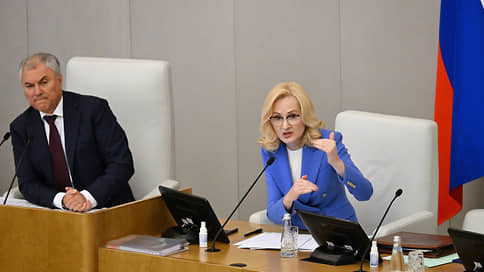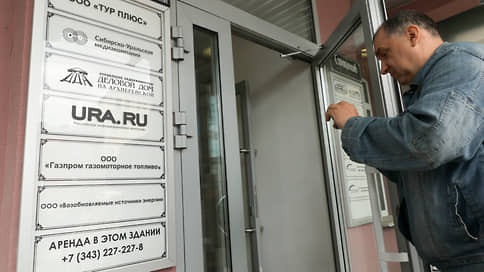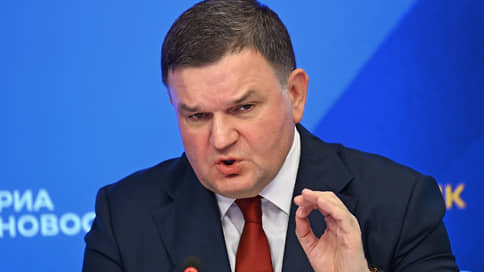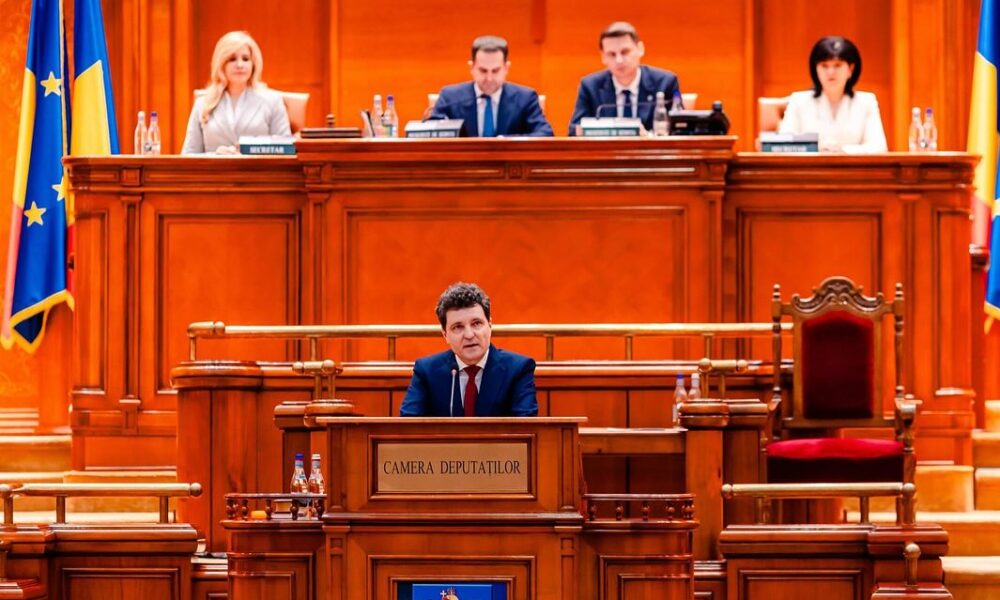Deputies proposed toughening the punishment for anti -Russian crimes

A group of almost 400 deputies, led by Speaker Vyacheslav Volodin, introduced three initiatives to the State Duma aimed at tightening legislation on foreign agents and “protection of sovereignty”. In particular, they proposed in absentia to judge the Russians who left for anti -Russian crimes, cancel the principle of prejudice under articles on the discrediting of the army and calls for sanctions if the crimes were committed “for selfish purposes”, and give the status of foreign agent for involving citizens in anti -Russian activities. Lawyers consider the proposed formulations of new grounds for inclusion in the register of foreign agents too wide.
As the co-author of the bills of the State Duma Irina Yarovaya (United Russia) explained on March 21, they are aimed at “ensuring the protection of sovereignty and preventing the intervention in Russia’s domestic policy”.
The first project -These are amendments to the Code of Criminal Procedure, allowing a trial and tolerate a sentence in the Russian Federation for 20 corpus delicti, even if the persons who committed them are abroad. We are talking about such crimes as calls for terrorism, extremism, violation of the territorial integrity of the Russian Federation, mass riots and unreasoning aggressive war, spread fakes and discrediting the Armed Forces of the Russian Federation, the destruction or damage of military burials and monuments, and rehabilitation of Nazism. These compounds are classified as small or moderate, and under the current legislation, the correspondence court is possible only in criminal cases of serious and especially serious crimes.
The explanatory note notes that crimes “related to anti -Russian activities” are most often committed by persons outside the Russian Federation.
This also indicates that they meaningfully expect to avoid responsibility, under such circumstances, the preventive function of the criminal law is not actually ensured, ”the deputies believe. The adoption of amendments, in their opinion, “will ensure additional measures to lead and prevent crimes aimed at undermining the basics of the constitutional system, the defense capabilities of the country and the security of the Russian Federation”.
The second initiative – Amendments to the Criminal Code, tightening the punishment for committing a number of crimes from selfish motives or hiring. For example, according to articles on the discrediting of the army and calls for anti -Russian sanctions in this case, it is proposed to cancel the principle of prejudice (now criminal liability for these crimes occurs only after administrative punishment) and introduce confiscation of property (more details See “Kommersant” dated February 11).
Finally, The third bill Makes amendments to the Basic Law “On Monitoring the Activities of Persons under Foreign Infant”, expanding the grounds for assigning the status of a foreign agent. It is proposed to include the register of the Ministry of Justice for the assistance of foreign organizations acting against the interests of Russia, as well as for involving in such activities or its financing. Also, the status of a foreign agent can be endowed with persons involving citizens, including minors, in the collection of military-technical information, which, upon receipt of foreign sources, can be used against Russia’s security.
“Employment” is a very wide wording, and it can actually be understood by any interaction with the international organization in which Russia is not involved, the lawyer Andrei Grivtsov believes: “I believe that the bill is aimed at even greater isolation of Russians from all kinds of contacts with foreign states and international organizations that Russia considers unfinished.” The senior lecturer of the Western branch of the RANEPA Aleksey Eleev recalls that the Ministry of Justice can not only get to the collection of “sensitive” military-technical information, but also for the distribution of relevant materials. And this means that the “involvement” of the Ministry of Justice can consider, for example, a request to place such materials in their accounts in social networks, addressed to persons who do not receive foreign financing themselves, the expert notes.







